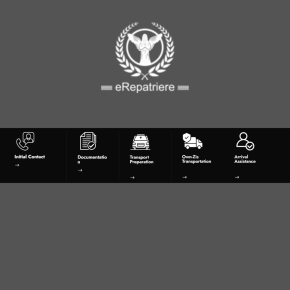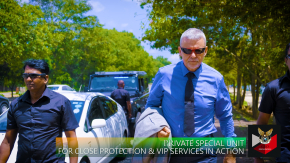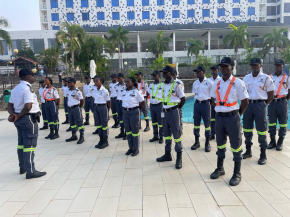Acts of incivility, verbal and physical assaults (violent), are on the rise.
Training to face these acts and, if possible, act proactively through prevention or early detection is now essential.
The approach and management must aim to de-escalate the conflict, even if it has already escalated.
In order to best anticipate a conflict situation, physical, mental, and tactical preparation is necessary. This involves regular training to ensure the right attitude in case of an incident.
This practice should enable the implementation of appropriate means to manage a conflict in its entirety and apply suitable communication methods depending on the severity of the threat. Their use is simple and effective.
Knowledge and practice are the key to resolving conflicts and ensuring a quality "win-win" intervention.
OBJECTIVES
-
Define a conflict situation.
-
Prevent a conflict situation.
-
React to a conflict situation.
-
Control your breathing to achieve general muscular relaxation.
-
Define an escalated conflict situation.
-
React to an escalated conflict situation.
-
Be able to justify your actions after the use of force.
-
Provide assistance to a person following the use of force.
-
Know how to manage a conflict at night.







